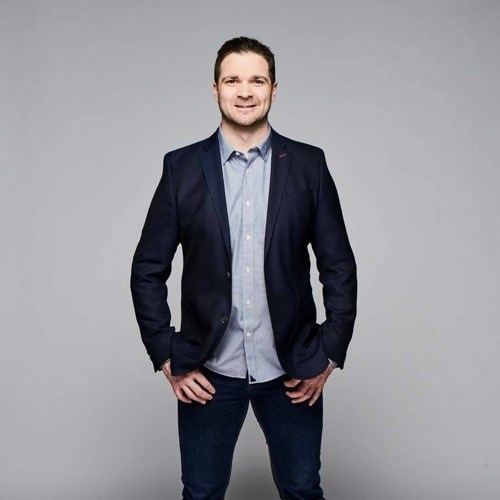Transitioning from professional sport to broadcasting behind the scenes may be a fairly common trade, but for ice hockey’s Carlo Colaiacovo it presented an unwelcome and unexpected hurdle – how to handle analysing former teammates and current friends on the pitch.
Speaking exclusively to UCFB as part of the GIS Toronto Sports Summit, he said: “I still communicate with a handful of guys on the Toronto team, and all I do [when commentating] is try to engage what’s going on, but I never, ever single anyone out.”

Colaiacovo continued: “I always try to be respectful; I try not to embarrass the person that’s involved because I was in that position. I never wanted to hear that said or done about me, so I never want to be the guy having to say it about a friend of mine. It’s a very tricky situation.”
The former Canadian international and Toronto Maple Leaf player admits that he only really learnt what was and wasn’t acceptable to say on air through living the experience – it’s not something there are clear cut lessons about. It can, however, catch you out, and catch up with you later in life, if you make even the slightest of errors.
Colaiacovo went on: “If I say something that doesn’t sit well with them, next time I reach out to them they’re not going to answer my call. Ultimately there’s information that gets thrown at me every day, and there’s things that I share with people and there’s things that I don’t share with people.”
19 years ago today.
— Carlo Colaiacovo (@CarloColaiacovo) June 23, 2020
June 23rd, 2001 in Sunrise, FLA my boyhood dreams came true in front of 30+ family & friends.
With the 17th pick, Asst GM Mike Penny steps up to the podium & announces:
“The @MapleLeafs are proud to select from the @ErieOtters CARLO COLAIACOVO!” #LeafsForever pic.twitter.com/ZWdscgSFlc
But the BBC’s Mark Clemmit, who was hosting the session, assured the 38-year-old that the secret to lasting in the industry long-term, and few know better than him, is precisely that – keeping secrets. Knowing what not to say is just as important as what you say itself.
Clemmit responded: “We’re in a repeat industry – we’re going to bump into the same people over the space of long, long careers and it is about learning what is essential to let out. One of the most sacrosanct rules for me is if somebody – a coach, a player – tells me something off the record, I protect it. That’s why I’ve been in the industry for 20 years. You have to preserve relationships.”
















